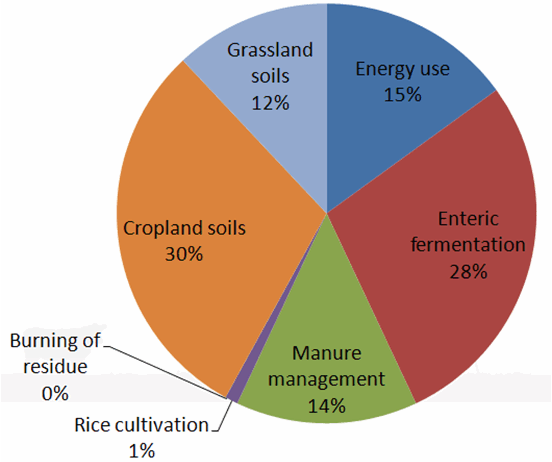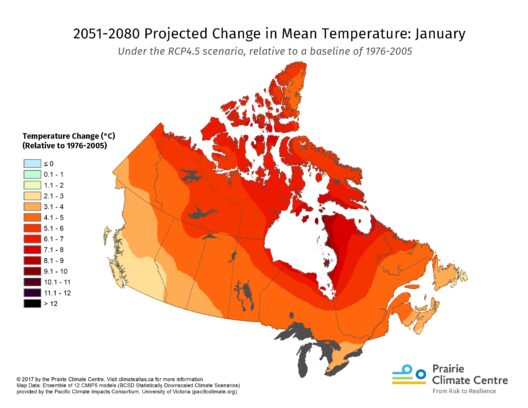Food waste is often perceived as an innocuous side effect of modern living—an afterthought obscured beneath the kitchen sink or a minor inconvenience to be swept beneath the rug. Yet, hidden beneath this mundane reality lies a staggering truth: food waste is a significant contributor to global warming, a silent titan in the ongoing struggle against climate change. The stark contrast between the abundance of resources and the irregularities of distribution creates a veritable chasm where ecological devastation brews unnoticed.
Each year, approximately one-third of the food produced globally, which amounts to roughly 1.3 billion tons, is discarded. Imagine this: a banquet hall filled to the brim with sumptuous delicacies and vibrant dishes, all exquisitely arranged, only to be met with a collective indifference as the guests turn away, leaving the feast to rot. This wastage not only signifies lost opportunity but also encompasses a host of environmental ramifications that reverberate throughout ecosystems.
When organic matter such as fruits, vegetables, grains, and meats are tossed into landfills, they undergo anaerobic decomposition, producing methane—a gas with a global warming potential at least 25 times greater than carbon dioxide over a century. This facet of food waste can be likened to a ticking time bomb. As the decaying remnants stew in the dark, their gaseous byproducts seep into the atmosphere, altering the delicate balance of our climate.
Furthermore, the magnificent journey from soil to table is fraught with inefficiencies. The agricultural sector, responsible for producing these sustenance items, expends immense amounts of water, land, and energy. For every apple that rots in a trash bin, water previously siphoned from rivers, aquifers, and reservoirs has been wasted, only to contribute to a widening ecological deficit. These resources, finite and precious, are siphoned away from a world grappling with severe water scarcity.
Consider the agricultural nexus—a veritable tapestry woven from the threads of soil health, water conservation, and biodiversity. When food waste proliferates, it signals an underlying deterioration of this tapestry. The more food we waste, the more pressure we place on our planet’s resources, leading to habitat degradation and loss of biodiversity. Species vanish, ecosystems collapse, and we are left with an arid landscape bereft of life.
The situation becomes even more precarious when explored through the lens of socioeconomic disparity. In a world where millions endure hunger pangs, the existence of food waste strikes a dissonant chord. It is a tragic irony that those who sacrifice their sustenance find themselves haunted by the specter of want, while adjacent to them, waste cascades into oblivion. This grand irony serves not only as a damning indictment of our wastefulness but also as a catalyst for change.
Addressing food waste requires a multifaceted approach that spans various domains—individual awareness, community initiatives, industry reform, and governmental policy. Each of these players can conflate their efforts to create ripples of impact across the tapestry of resources. Education is paramount; informing consumers about proper food storage, meal planning, and the significance of interpreting expiration dates can transform our relationship with food.
Community-based solutions, such as food recovery networks, can effectively bridge the chasm between surplus and scarcity. These networks facilitate the redistribution of excess food from businesses and households to those in need, empowering communities while slashing waste. The goal is not merely to mitigate waste but to engender a culture of sharing, solidarity, and sustainability.
On the industrial front, businesses must embrace sustainable practices, including adopting models that prioritize efficiency and minimize waste. The adoption of circular economy principles can transform food production systems, where waste is no longer an endpoint but a valuable resource. Such innovation can empower industries to repurpose organic waste into compost or biogas, rekindling the cycle of regeneration rather than contributing to the cycle of degradation.
Governments also have a crucial role to play. Implementing policies that encourage food recovery, facilitating donations, and incentivizing businesses to reduce waste can create a supportive framework for sustainable practices. Additionally, public campaigns that heighten awareness about the environmental impacts of food waste will garner public support for vital changes in consumption habits.
In navigating the labyrinthine pathways of global food systems, let us visualize a world where food, rather than discarded refuse, is treated as a precious resource. In this imagined realm, every meal prepared, every morsel consumed, and every crumb salvaged contributes to a healthier planet. The impact of minimizing food waste extends far beyond our immediate neighborhoods—its repercussions ripple across forests, waterways, and the air we breathe.
Ultimately, the call to action against food waste is an ethical imperative. By understanding the deep-rooted connections between waste, scarcity, and ecological health, society can foster a collective consciousness that prioritizes sustainability. Let every discarded cucumber and leftover pizza slice serve as a reminder: the fight against global warming is inextricably linked to our choices surrounding food. A proactive stance against food waste is not merely an act of conservation but a profound commitment to future generations and the health of our shared planet.






